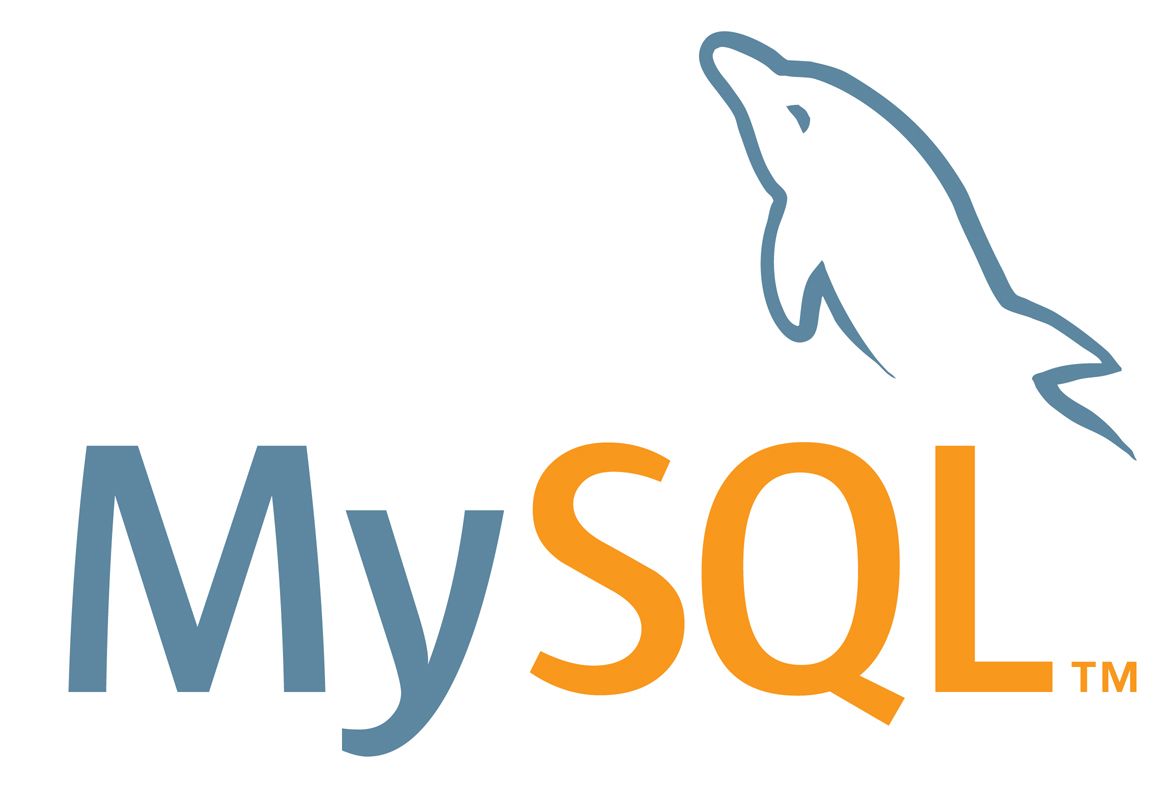
在MySQL中,MUL、PRI和UNI有什么区别?
从Mysql 5.7文件:如果键是PRI,则列是主键或多列主键中的列之一。如果键是UNI,则该列是唯一索引的第一列。(唯一索引允许多个空值,但可以通过检查Null字段来判断该列是否允许空。)如果键为MUL,则该列是非唯一索引的第一列,其中允许在列中多次出现给定值。例子:此示例既没有PRI、MUL,也没有UNI:mysql> create table penguins (foo INT);Qu
·
从Mysql 5.7文件:
- 如果键是PRI,则列是主键或多列主键中的列之一。
- 如果键是UNI,则该列是唯一索引的第一列。(唯一索引允许多个空值,但可以通过检查Null字段来判断该列是否允许空。)
- 如果键为MUL,则该列是非唯一索引的第一列,其中允许在列中多次出现给定值。
例子:
此示例既没有PRI、MUL,也没有UNI:
mysql> create table penguins (foo INT); Query OK, 0 rows affected (0.01 sec) mysql> desc penguins; +-------+---------+------+-----+---------+-------+ | Field | Type | Null | Key | Default | Extra | +-------+---------+------+-----+---------+-------+ | foo | int(11) | YES | | NULL | | +-------+---------+------+-----+---------+-------+ 1 row in set (0.00 sec)
MUL的示例:
mysql> create table penguins (foo INT, index(foo)); Query OK, 0 rows affected (0.01 sec) mysql> desc penguins; +-------+---------+------+-----+---------+-------+ | Field | Type | Null | Key | Default | Extra | +-------+---------+------+-----+---------+-------+ | foo | int(11) | YES | MUL | NULL | | +-------+---------+------+-----+---------+-------+ 1 row in set (0.00 sec)
具有主键的列。
mysql> create table penguins (foo INT primary key); Query OK, 0 rows affected (0.02 sec) mysql> desc penguins; +-------+---------+------+-----+---------+-------+ | Field | Type | Null | Key | Default | Extra | +-------+---------+------+-----+---------+-------+ | foo | int(11) | NO | PRI | NULL | | +-------+---------+------+-----+---------+-------+ 1 row in set (0.00 sec)
具有唯一键的列Uni:
mysql> create table penguins (foo INT unique); Query OK, 0 rows affected (0.01 sec) mysql> desc penguins; +-------+---------+------+-----+---------+-------+ | Field | Type | Null | Key | Default | Extra | +-------+---------+------+-----+---------+-------+ | foo | int(11) | YES | UNI | NULL | | +-------+---------+------+-----+---------+-------+ 1 row in set (0.00 sec)
具有MUL:
mysql> create table penguins (foo INT, bar INT, index(foo, bar)); Query OK, 0 rows affected (0.01 sec) mysql> desc penguins; +-------+---------+------+-----+---------+-------+ | Field | Type | Null | Key | Default | Extra | +-------+---------+------+-----+---------+-------+ | foo | int(11) | YES | MUL | NULL | | | bar | int(11) | YES | | NULL | | +-------+---------+------+-----+---------+-------+ 2 rows in set (0.00 sec)
每个列都有MUL。
mysql> create table penguins (foo INT, bar int, index(foo), index(bar)); Query OK, 0 rows affected (0.01 sec) mysql> desc penguins; +-------+---------+------+-----+---------+-------+ | Field | Type | Null | Key | Default | Extra | +-------+---------+------+-----+---------+-------+ | foo | int(11) | YES | MUL | NULL | | | bar | int(11) | YES | MUL | NULL | | +-------+---------+------+-----+---------+-------+ 2 rows in set (0.00 sec)
第一列中具有MUL:
mysql> create table penguins (foo INT,
bar INT,
baz INT,
INDEX name (foo, bar, baz));
Query OK, 0 rows affected (0.01 sec)
mysql> desc penguins;
+-------+---------+------+-----+---------+-------+
| Field | Type | Null | Key | Default | Extra |
+-------+---------+------+-----+---------+-------+
| foo | int(11) | YES | MUL | NULL | |
| bar | int(11) | YES | | NULL | |
| baz | int(11) | YES | | NULL | |
+-------+---------+------+-----+---------+-------+
3 rows in set (0.00 sec)
带有外键引用但主键的表是MUL
mysql> create table penguins(id int primary key); Query OK, 0 rows affected (0.01 sec) mysql> create table skipper(id int, foreign key(id) references penguins(id)); Query OK, 0 rows affected (0.01 sec) mysql> desc skipper; +-------+---------+------+-----+---------+-------+ | Field | Type | Null | Key | Default | Extra | +-------+---------+------+-----+---------+-------+ | id | int(11) | YES | MUL | NULL | | +-------+---------+------+-----+---------+-------+ 1 row in set (0.00 sec) mysql> desc penguins; +-------+---------+------+-----+---------+-------+ | Field | Type | Null | Key | Default | Extra | +-------+---------+------+-----+---------+-------+ | id | int(11) | NO | PRI | NULL | | +-------+---------+------+-----+---------+-------+ 1 row in set (0.00 sec)
参考资料:在MySQL中,MUL、PRI和UNI有什么区别? - 问答 - 云+社区 - 腾讯云 (tencent.com)

开放原子开发者工作坊旨在鼓励更多人参与开源活动,与志同道合的开发者们相互交流开发经验、分享开发心得、获取前沿技术趋势。工作坊有多种形式的开发者活动,如meetup、训练营等,主打技术交流,干货满满,真诚地邀请各位开发者共同参与!
更多推荐
 已为社区贡献3条内容
已为社区贡献3条内容





所有评论(0)